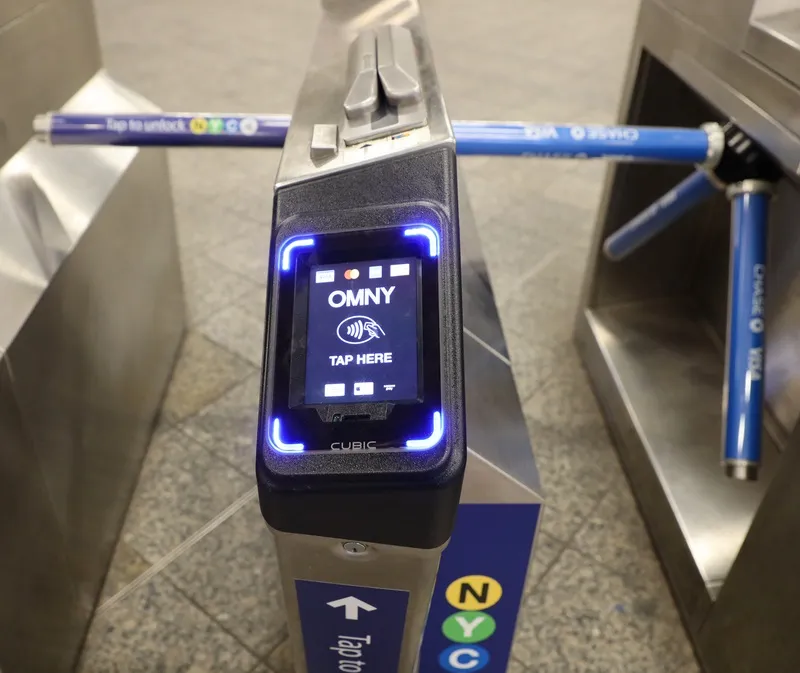
TfL says it is now cleaning the UK’s capital’s Underground and bus network with additional substances that kill viruses and bacteria on contact.
Anti-viral fluid used in hospitals is being rolled out at tube and train stations to provide additional protection while key interchanges will be cleaned more regularly, the company adds.
This enhanced disinfectant is also being used in depots and drivers' cabs, which were previously cleaned with traditional disinfectant.
Lilli Matson, director of health, safety and the environment at TfL, says: “A lot of our cleaning goes on when stations are closed or trains are out of service, so to provide additional reassurance teams will be cleaning areas that are frequently touched throughout the day, in addition to the enhanced cleaning regime that all bus garages will be carrying out."
TfL says it also intends to deploy a new cleaning agent across its network in the next couple of weeks which it claims provides anti-viral protection for up to 30 days. It also plans to use specialist back-pack equipment to spray the new disinfectant across the network safely.
Mayor of London Sadiq Khan says: “Along with trialling new longer-lasting cleaning fluid, this will help reduce the risk of coronavirus spreading. I want to reassure Londoners and visitors that the advice from experts is to continue with our daily lives as normal, including using public transport."
In the meantime, Public Health England is urging people to wash their hands before eating and when arriving at home and work as it is believed the virus can be passed on through contaminated surfaces.
The UK is not the only country taking action against the coronavirus outbreak. Earlier this month, Singapore's Land Transport Authority issued guidance safeguarding taxi and private hire drivers and their passengers.








